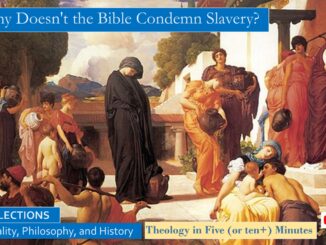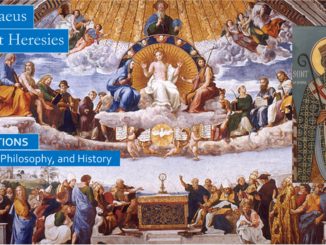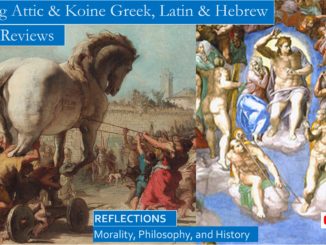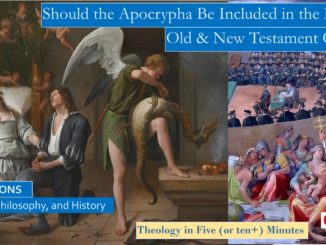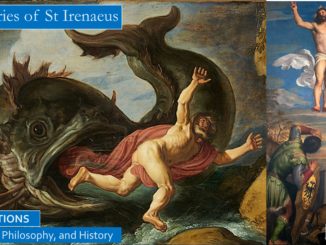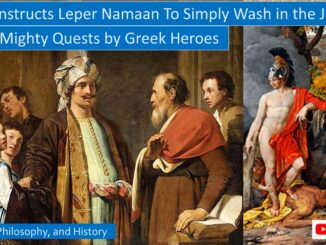
Elisha Cures Naaman of Leprosy, Not With Mighty Deeds, But By Simply Washing in the Jordan
Naaman, in the story, is not asked to perform mighty deeds by Elisha, as befits an ancient warrior and hero, but rather to perform the rather simple task of washing in the shallow, muddy Jordan River.
Ancient readers living in their ancient warrior culture would pick up on this contrast immediately, but modern readers often totally miss it. Which makes this one of my favorite stories, since one of the themes of this channel is that, when interpreting the Old Testament stories, you must always remember that most ancient peoples lived in a warrior culture much like that of the Iliad, where life was uncertain, when armies could appear over the horizon, slaughter all the men of military age, and enslave the women and children. […]

